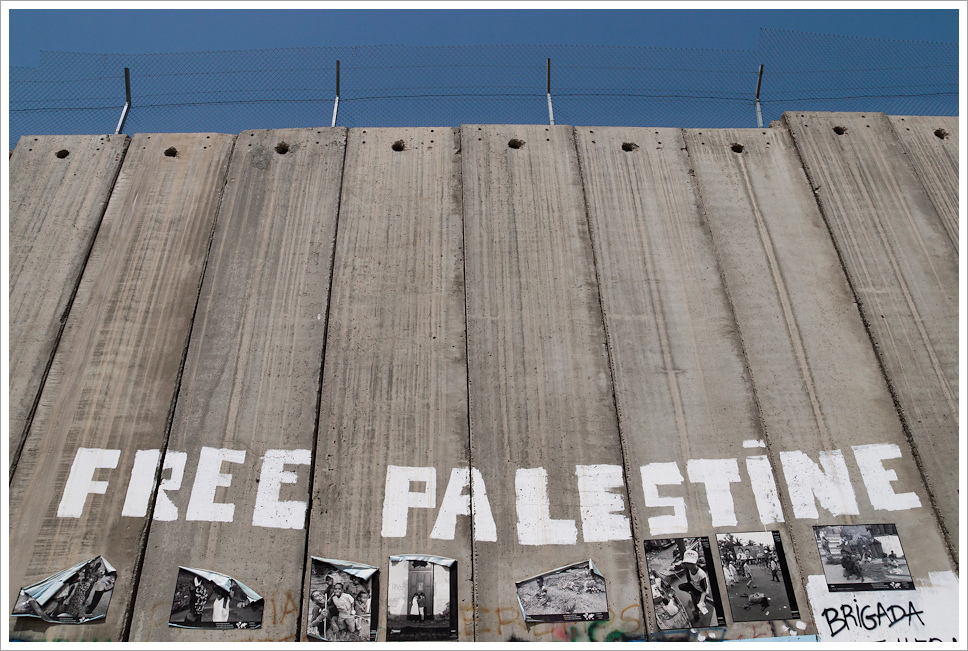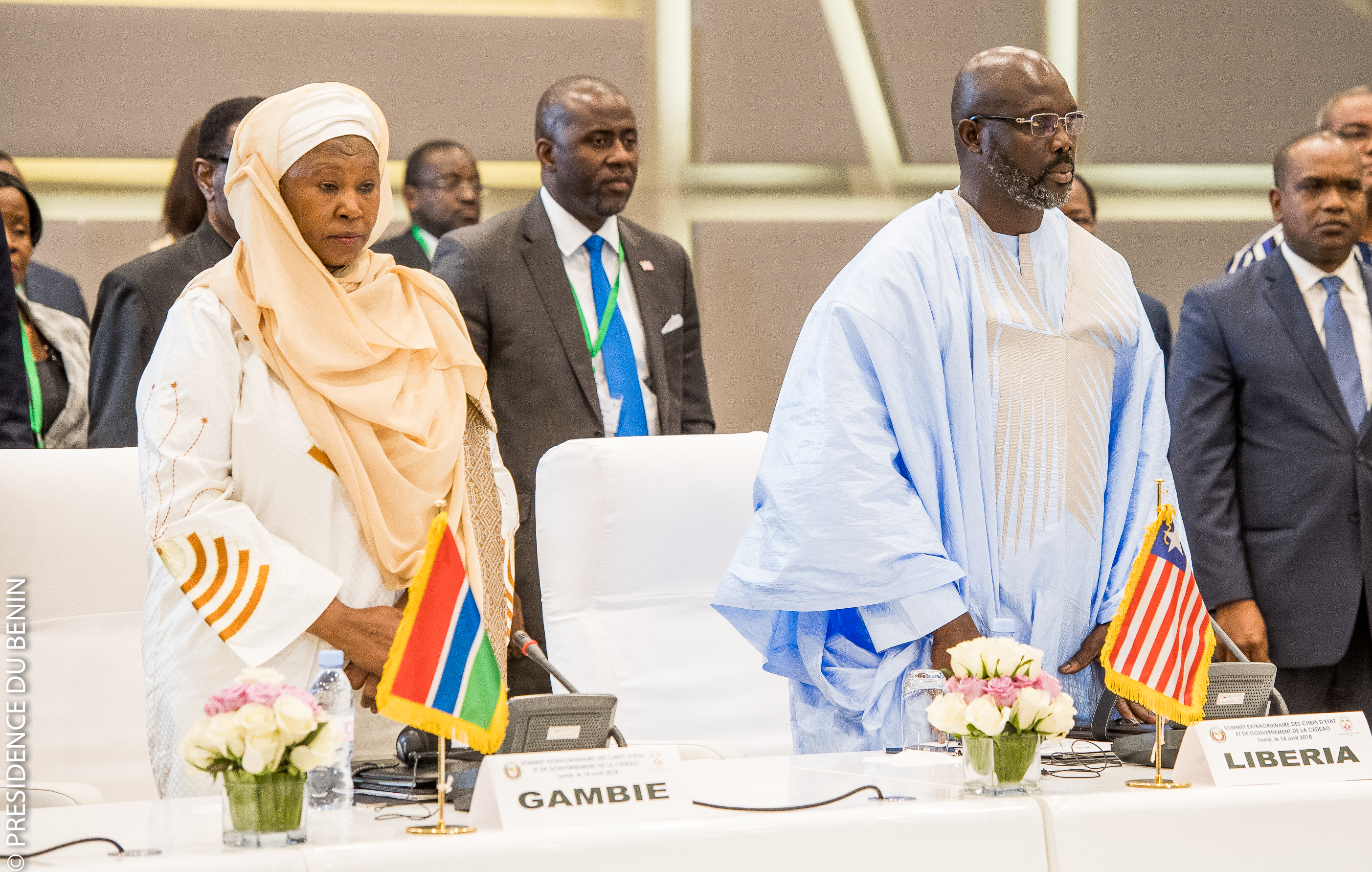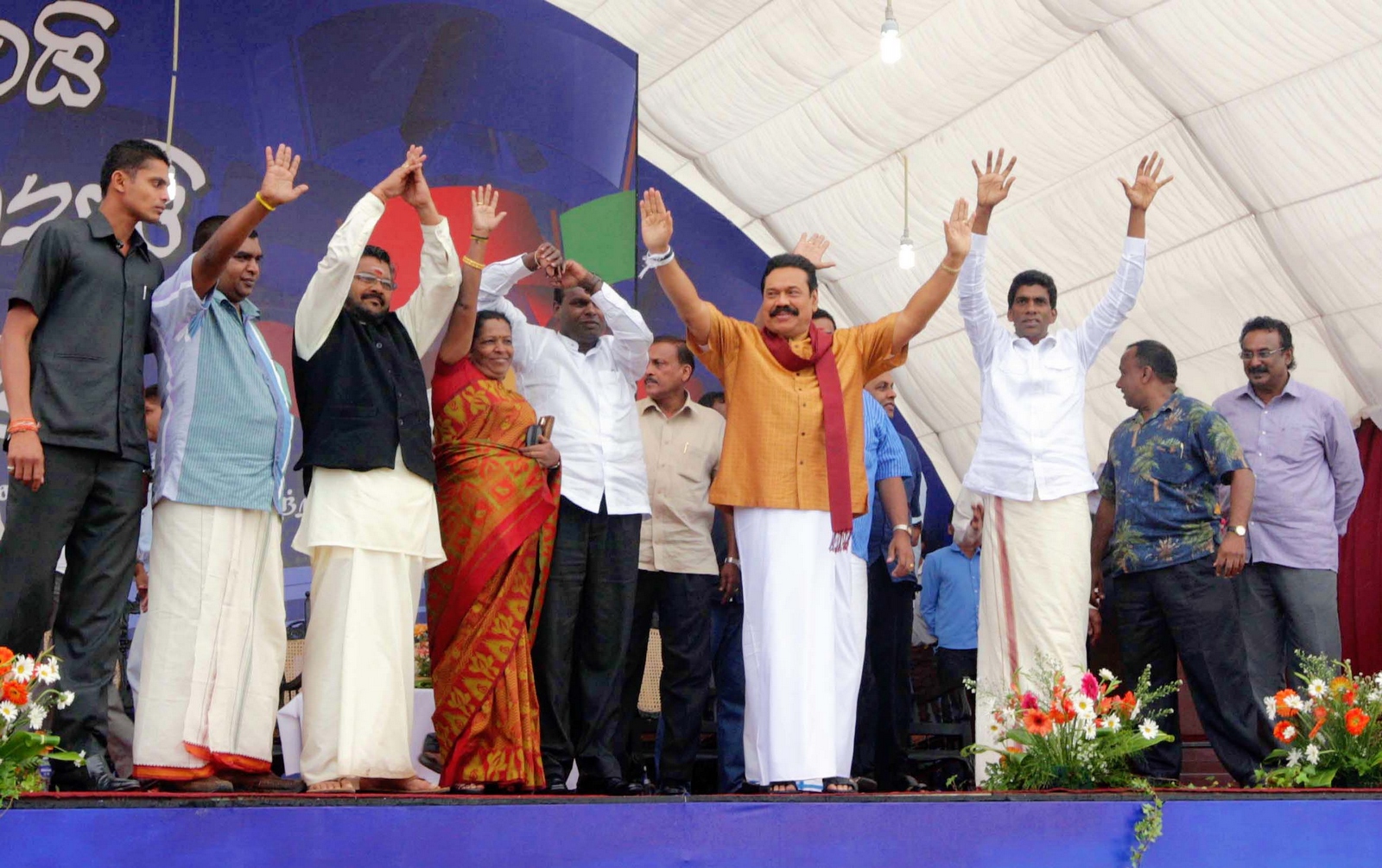Guest post by Rebecca Schiel and Christopher Faulkner.
On May 12th, 2017, disgruntled soldiers launched a mutiny in Côte d’Ivoire, the third since January, demanding the government make good on promises of pay bonuses. Pointing to the negative long-term consequences of seemingly brief bouts of instability, Vincent Freigang of Protection Group International (PGI) recalls the difficulty with which Côte d’Ivoire cultivated international investor confidence in the aftermath of the recent civil war. Three mutinies in five months will likely have far reaching economic consequences regardless of the ability of the regime to avoid escalation. While the occurrence of several mutinies in short order is certainly troublesome, there is reason to remain cautiously optimistic about the country’s long-term stability apart from economic setbacks.
Mutinies are distinct from other episodes of political violence including coups d’état. Mutinies are generally understood as an act of collective insubordination aimed at airing mutineer grievances for goals other than political power. Coups, on the other hand, are defined as illegal and overt attempts by the military or other elites within the state apparatus to unseat the sitting executive. Maggie Dwyer notes that mutinies are typically more wrought by the sense of injustice and inequality felt by rank-and-file soldiers. Unable to communicate clearly with leadership, mutineers take over radio stations, shut down roads, and blockade the executive residence until their demands are heard.
On the heels of a promising economic year, 2017 was set to continue a trend of roughly an 8% economic growth rate for Côte d’Ivoire. However, trouble began early in the year with a large-scale military mutiny on January 6th which saw former and current soldiers rebel against the Ministry of Defense. Soldiers demanded pay bonuses, shorter tenures of military service, and improved living conditions; typical requests of mutineers in Africa over the past 50 years. Fears of escalation abated in less than 48 hours as mutineers, the majority of whom were integrated rebel soldiers, returned to their barracks.
Unrest, however, quickly returned as a group of Special Forces soldiers staged a mutiny in Adiaké in February. This mutiny, also over pay grievances in which soldiers contend they were paid less than a quarter of their monthly salary, illustrated ongoing grievances among Ivoirian soldiers. These elite units were not part of the January mutiny, but used the government’s concessions as a springboard to push their own demands. This is perhaps unsurprising as scholars have pointed to the internally-contagious effects of mutinies wherein one unit revolting often spreads, leading others to follow suit.
On May 12th, the third munity of 2017 erupted in Bouaké and quickly spread to other cities, including both Daloa and Abidjan. As was the case with the January 6th mutiny, over 8,000 former rebel soldiers demanded fulfillment of pay that was promised as part of the negotiated agreement following the January 2017 mutiny. This time, civilian protesters were caught in the crossfire with several wounded. By Tuesday (May 16th), crisis was averted as a government offer in the form of 5 million CFA (USD $8,400) to be paid immediately – and an additional 2 million CFA to be paid in June – was accepted by the mutineers.
The origins of the mutinies of 2017 can be traced back to end of the civil war in 2011, which saw nearly 10,000 former rebel soldiers integrated into the regular army, with another 23,000 demobilized. While this process is typical in post-conflict societies, questions remained regarding how integration into the national armed forces would work given soldiers’ previous status and rank in their respective armies.
Perhaps the most worrisome aspect of recent events is, as Licklider (2017) points out in his work on the connection between force integration and conflict recurrence, the potential for civil war recurrence. Disarmament, Demobilization, and Reintegration (DDR) campaigns serve several important purposes in post-conflict scenarios, including offering employment to former rebels and illustrating a credible commitment to peace from both sides. Academic research on the subject suggests that problems associated with DDR are not inherent in the process, but occur when programs are poorly implemented or the government fails to provide security and economic development assistance post-conflict.
However, the rebel integration/conflict recurrence nexus is far from a foregone conclusion in Côte d’Ivoire. Cases including Mozambique, Sierra Leone, and Liberia all indicate mutinies can occur (sometimes repeatedly) after civil conflict in the absence of war recurrence. For instance, Mozambique’s civil war ended in 1992 and large-scale force integration took place. Between 1992 and 1995, at least 11 mutinies occurred; civil war, however, did not return. Given that most exceptions to the rebel integration/conflict recurrence nexus have occurred in the presence of peacekeeping forces (Liberia, Sierra Leone, and Burundi), the end of the UN peacekeeping mission in Côte d’Ivoire may jeopardize the government’s ability to maintain a handle on future mutinies and prevent further escalation.
Rebecca Schiel is a Security Studies PhD Candidate at the University of Central Florida. She focuses on civil-military relations, with a particular interest in coup d’état and mutinies. Her work has appeared in the journal Studies in Comparative International Development. Christopher Faulkner is a Security Studies PhD Candidate at the University of Central Florida. His research focuses on civilian victimization in civil war, with a particular interest in child soldiering. His work has appeared in the journal African Security.







2 comments
Fine work, Rebecca and Christopher. Very interesting. One of my students, Jaclyn Johnson, is writing her dissertation on mutinies right now. Y’all ought to get in touch soon.
Great job teammates!